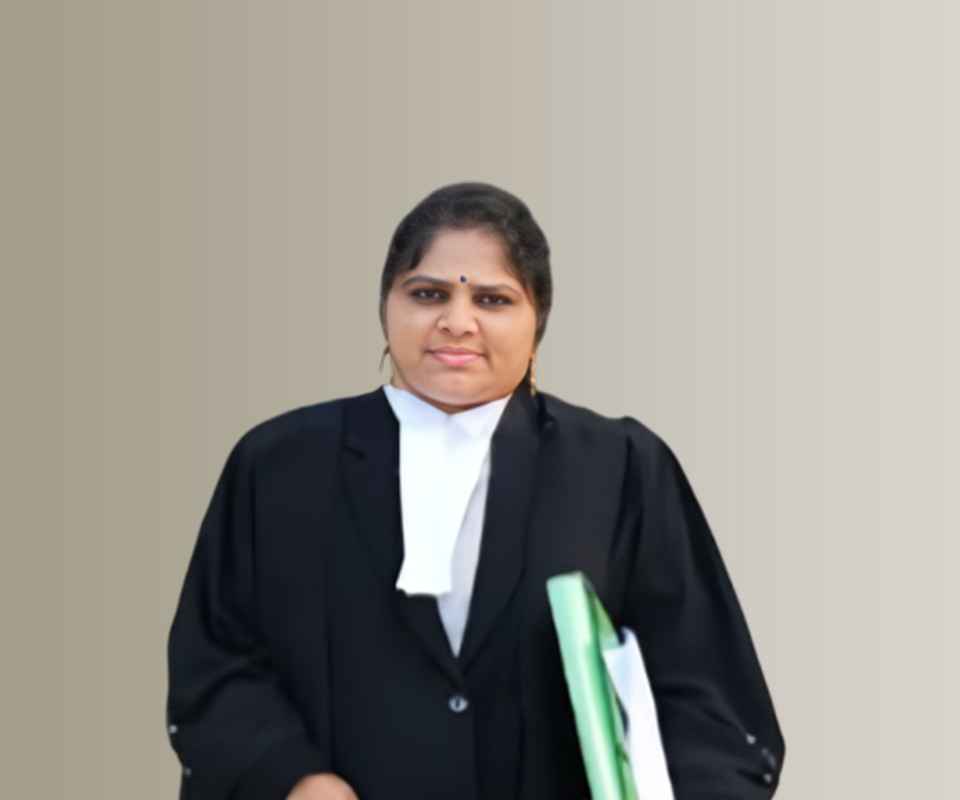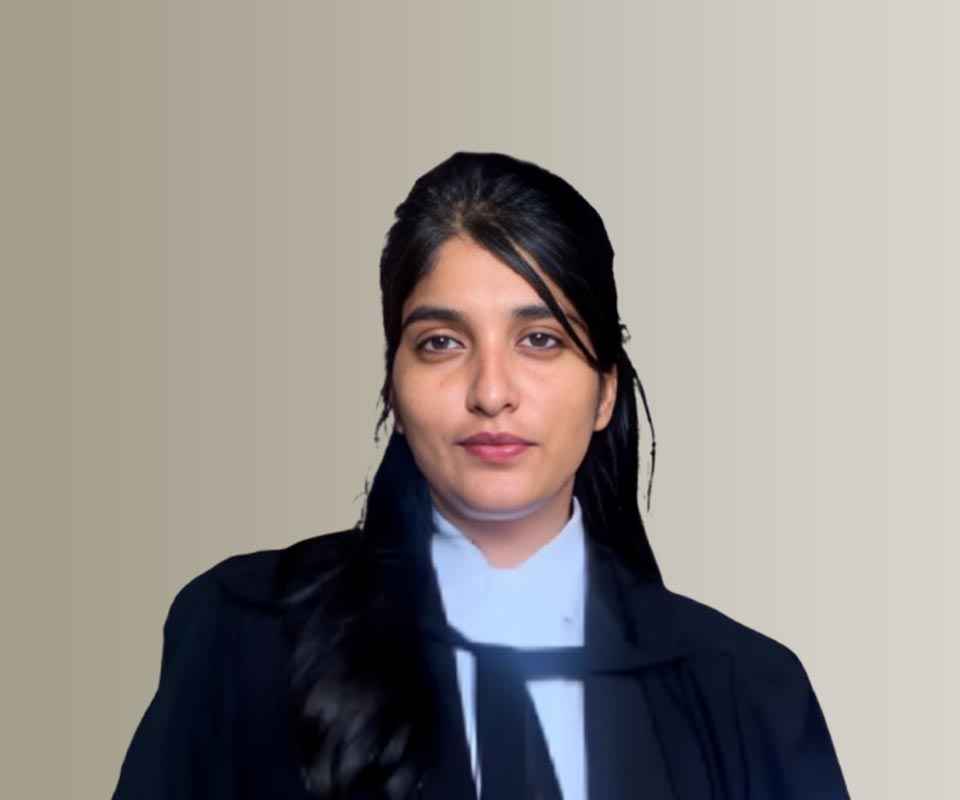Answer By law4u team
Bharatiya Nagarik Suraksha Sanhita, 2023 - Section 269: Procedure where accused is not discharged.
(1) If, when such evidence has been taken, or at any previous stage of the case, the Magistrate is of opinion that there is ground for presuming that the accused has committed an offence triable under this Chapter, which such Magistrate is competent to try and which, in his opinion, could be adequately punished by him, he shall frame in writing a charge against the accused.
(2) The charge shall then be read and explained to the accused, and he shall be asked whether he pleads guilty or has any defence to make.
(3) If the accused pleads guilty, the Magistrate shall record the plea, and may, in his discretion, convict him thereon.
(4) If the accused refuses to plead, or does not plead or claims to be tried or if the accused is not convicted under sub-section (3), he shall be required to state, at the commencement of the next hearing of the case, or, if the Magistrate for reasons to be recorded in writing so thinks fit, forthwith, whether he wishes to cross-examine any, and, if so, which, of the witnesses for the prosecution whose evidence has been taken.
(5) If he says he does so wish, the witnesses named by him shall be recalled and, after cross-examination and re-examination (if any), they shall be discharged.
(6) The evidence of any remaining witnesses for the prosecution shall next be taken, and after cross-examination and re-examination (if any), they shall also be discharged.
(7) Where, despite giving opportunity to the prosecution and after taking all reasonable measures under this Sanhita, if the attendance of the prosecution witnesses under sub-sections (5) and (6) cannot be secured for cross examination, it shall be deemed that such witness has not been examined for not being available, and the Magistrate may close the prosecution evidence for reasons to be recorded in writing and proceed with the case on the basis of the materials on record.
Brief Detail
Section 269 outlines the procedures to follow when an accused is not discharged. It specifies the conditions under which a charge must be framed against the accused, the steps for plea recording, the requirements for cross-examination of witnesses, and the protocols for handling the absence of prosecution witnesses. This section ensures that the accused is informed of the charges and has the opportunity to defend themselves adequately.
Question & Answers
What must the Magistrate do if there is ground to presume the accused has committed an offence?
The Magistrate must frame a written charge against the accused.
What happens if the accused pleads guilty?
If the accused pleads guilty, the Magistrate will record the plea and may convict the accused at his discretion.
What if the accused refuses to plead?
If the accused refuses to plead or does not plead, they must state whether they wish to cross-examine any prosecution witnesses at the next hearing.
What if the prosecution witnesses cannot be secured for cross-examination?
If the attendance of the prosecution witnesses cannot be secured, it will be deemed that such witnesses have not been examined, and the Magistrate may close the prosecution evidence.
Example
- Example 1: After evidence is taken, the Magistrate finds sufficient grounds to frame a charge against the accused. The charge is read, and the accused pleads not guilty, leading to further hearings.
- Example 2: The accused pleads guilty, and the Magistrate records the plea, subsequently convicting the accused without the need for further hearings.
Summary
Section 269 establishes a clear process for handling cases where the accused is not discharged. It emphasizes the importance of framing charges, recording pleas, and ensuring the accused has the opportunity for a fair trial, including the right to cross-examine witnesses. The section also addresses the implications of the absence of prosecution witnesses on the proceedings.







